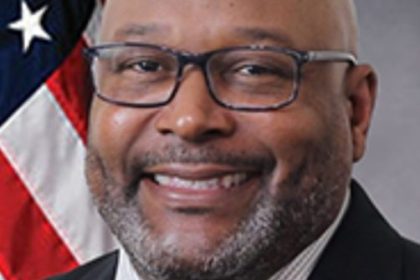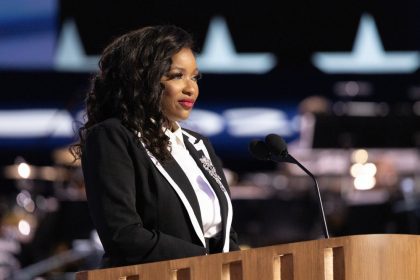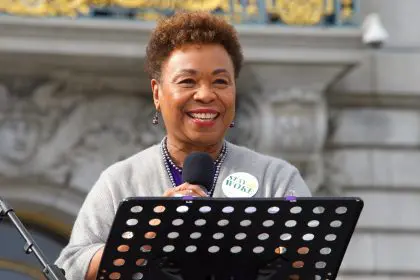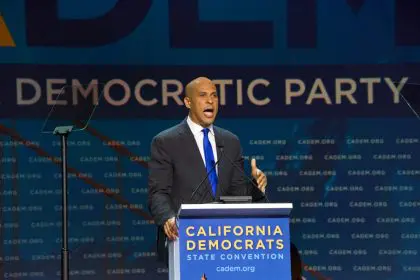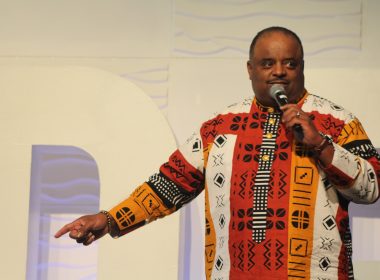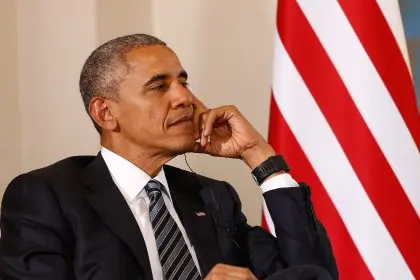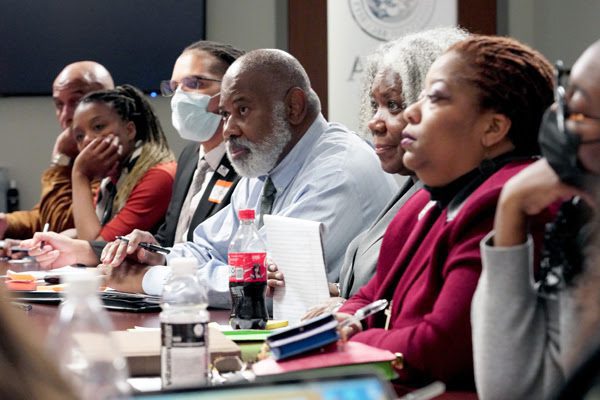
The issue of climate preservation cannot be done by government officials alone. So, last week, FEMA hosted the Black Resilience Network and others to discuss ways to reinforce climate resilience.
“FEMA cannot address the climate emergency alone,” DHS Center Director Marcus Coleman said. “It requires a whole-of-government approach and whole-of-community involvement. Preparing our communities for a changing world also requires a coalition-driven approach to building climate resilience across the nation, and it will take all of us to do so now.”
The Black Resilience Network is a membership organization created for learning and networking experiences focused on racial justice, crisis leadership and resilience.
“The Black Resilience Network is excited for future opportunities for collaboration that will come out of this convening,” said Atyia Martin, Executive Director of Next Leadership Development. “Our members showed great expertise and passion as they shared our priorities and extended several opportunities for collaboration on climate and disaster resilience with Black towns, communities and organizations. We are grateful to be a part of such a historic moment.”
Other federal agencies outside of FEMA also spoke at the meeting, including the Small Business Administration, Environmental Protection Agency, Health and Human Services, Department of Agriculture, Department of Commerce Offices of Faith-Based and Neighborhood Partnerships, and the National Oceanic and Atmospheric Administration.
April Wood, President and CEO of National Voluntary Organizations Active in Disaster, said another thing discussed was the four Cs of cooperation, communication, coordination, and collaboration.
Attendees also learned about a law signed by President Joe Biden in December 2022, the Community Disaster Resilience Zones Act, set up to build disaster resilience across the nation and designate resilience zones that identify “disadvantaged communities most at-risk to natural hazards.” Other climate resilience programs attendees learned about were USDA Climate Hubs and the Resilient Nation Partnership Network. FEMA’s goal is “to lead whole-of-community climate resilience and other climate-related priorities that promote proactive community engagement with historically underserved populations.”
“Providing aid to these communities is a core part of the Build Strong Coalition’s mission, and we’re looking forward to continuing to work with our federal partners and the like-minded organizations that participated in this event to build a stronger and more resilient America,” Natalie Enclade, Executive Director of Build Strong Coalition, said.
The event was inspired by the 2022 National Women Leader In Public Health, Emergency Management & Environmental/Climate Justice, which also supports FEMA’s goal.


